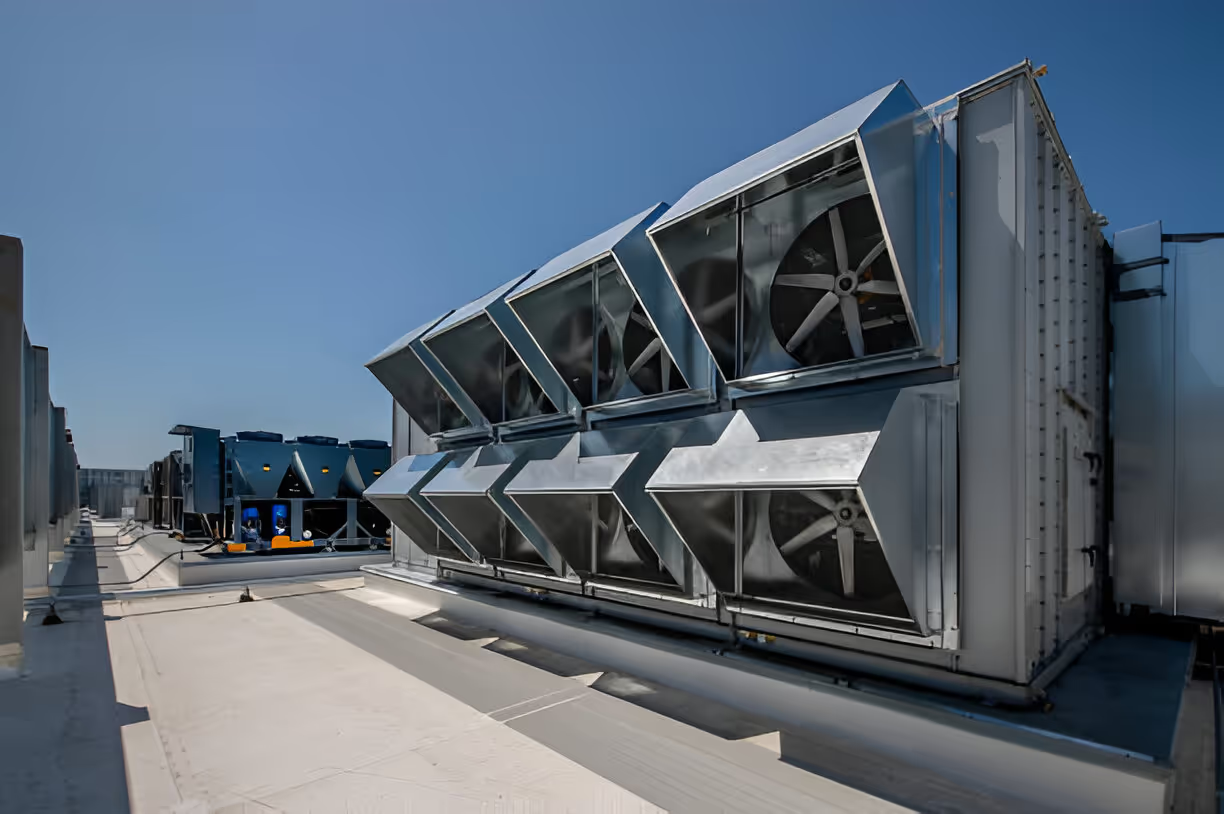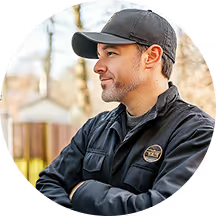HVAC Repair in Glen Cove, NY
When your heating or cooling system fails, you need fast, reliable HVAC repair in Glen Cove, NY that understands local conditions and gets your home comfortable again. Glen Cove homeowners face unique demands: humid summers that push air conditioners and heat pumps hard, cold coastal winters that stress furnaces, and salty air that accelerates corrosion on outdoor components. This page explains what professional HVAC repair looks like here, common symptoms and causes, diagnostic and repair processes for furnaces, air conditioners, heat pumps and ductless systems, emergency response options including 24/7 and same-day repairs, technician qualifications and warranties, typical pricing expectations, and how to schedule service in a way that protects your home and budget.

Why timely HVAC repair matters in Glen Cove
- High humidity and coastal salt air increase wear on condensers, coils and outdoor fans, so small issues can escalate quickly.
- Older homes and multi-unit properties common in Nassau County often have aging ductwork and mixed heating systems that mask problems until performance drops.
- Prompt repair preserves efficiency, reduces energy bills, and prevents secondary damage like frozen pipes or mold growth from poor dehumidification.
Common HVAC systems and failure symptomsFurnaces (gas and oil)
- Symptoms: no heat, short cycling, uneven room temps, pilot or ignition failures, unusual smells (burning or gas).
- Common causes: dirty burners or filters, failed igniters or flame sensors, cracked heat exchangers, gas valve problems, or venting issues.
Air conditioners and central AC
- Symptoms: warm air, weak airflow, frequent cycling, ice on evaporator coil, high humidity indoors, loud compressor noise.
- Common causes: refrigerant leaks, failed compressors or contactors, clogged condensate drains, dirty coils, or failing capacitors/relays.
Heat pumps
- Symptoms: poor heating or cooling, excessive defrost cycles, reduced efficiency, ice buildup outdoors.
- Common causes: refrigerant charge issues, compressor or reversing valve faults, sensor or control failures, outdoor unit corrosion.
Ductless mini split systems
- Symptoms: weak cooling/heating from heads, error codes, refrigerant leaks, indoor unit dripping.
- Common causes: blocked filters, drain line clogs, refrigerant leaks, inverter board or compressor problems.
Electrical and airflow issues
- Symptoms: tripped breakers, blower not running, rooms with no airflow, high energy bills.
- Common causes: failed motors, worn belts, blocked ducts, faulty thermostats or wiring.
What a professional diagnostic looks likeA thorough diagnostic separates quick fixes from deeper failures and provides an accurate repair estimate. Typical steps include:
- Visual inspection of indoor and outdoor units for corrosion, leaks, and physical damage.
- System start-up and observation of operating parameters: pressures, temperatures, amperage draw, and airflow.
- Refrigerant leak checks and pressure testing for AC, heat pump and ductless units.
- Combustion and venting analysis for furnaces, including carbon monoxide safety checks where applicable.
- Verification of thermostat communication, control boards, and safety switches.
- Documentation of findings and a written repair scope with parts and labor explained.
Repairs, parts replacement, and emergency fixes
- Minor fixes: replacement of filters, capacitors, contactors, fan motors, thermostats, condensate pumps, and belts. These restore reliability in many cases.
- Mid-level repairs: refrigerant recharge and leak repair, blower motor replacement, ignition system components, and heat exchanger repair if minor.
- Major replacements: compressor, condenser coil, furnace heat exchanger, or full system replacement when repairs are not cost effective.
- Emergency fixes: temporary bypasses, short-term heating solutions, or prioritized parts ordering to stabilize your home while a permanent repair is scheduled.
Emergency response: 24/7 and same-day options in Glen Cove
- Same-day service is critical during heat waves or cold snaps common to Long Island. Expect priority dispatch for systems that leave living spaces unsafe or at risk of freeze.
- 24/7 emergency repair covers hazardous issues like gas leaks, total furnace failure in winter, or complete cooling loss during extreme heat. After-hours service often includes a surcharge; professional technicians will explain any emergency pricing before work begins.
- In coastal communities like Glen Cove, technicians also check for salt-related corrosion and secure outdoor units against high winds or storm surge risk during severe weather seasons.
Technician qualifications, safety and warranties
- Look for technicians who are NATE certified or hold equivalent industry credentials, trained in gas safety, refrigeration, and modern electronics used in heat pumps and smart thermostats.
- Proper licensing and insurance protect homeowners from liability and ensure code-compliant work.
- Professional repairs should include written warranties on parts and labor. Typical warranties vary: 30 to 90 days on labor for small repairs, and 1 to 5 years on parts depending on manufacturer coverage and the component replaced. Always ask for warranty terms in writing.
Typical pricing expectations (ballpark)
- Diagnostic fee: commonly $75 to $150. This fee is often credited toward repair if you proceed.
- Minor repairs (capacitor, contactor, thermostat): $150 to $400.
- Mid-level repairs (blower motor, refrigerant leak repair, ignition components): $300 to $900.
- Major components (compressor or heat exchanger): $1,000 to $3,000 or more depending on system make and severity.
- Emergency or after-hours service: expect a premium multiplier, often 1.5x to 2x regular rates.
Pricing varies by system age, accessibility, parts availability and local labor rates. Ask for a written estimate that lists parts, labor, and warranty.
How to schedule service and protect your investment
- When arranging repair, request a clear scope: what will be diagnosed, what tests will be run, and what is covered in the written estimate.
- Confirm technician qualifications and that they carry proper identification and liability insurance.
- Ask about parts sourcing and lead times; coastal corrosion sometimes requires replacement parts rather than repair.
- Request a written invoice and warranty terms after the job is completed, plus maintenance recommendations to avoid repeat issues.
Maintenance and preventing repeat service calls
- Regular maintenance reduces emergency repairs. Key actions include seasonal tune-ups, filter changes every 1 to 3 months, cleaning outdoor units of debris, and inspecting condensate drains.
- For Glen Cove homes, an annual pre-summer AC check and pre-winter furnace/heat pump inspection will catch corrosion, refrigerant loss, and combustion issues early.
- Consider a maintenance plan that includes priority scheduling and discounted diagnostic fees to reduce downtime during peak seasons.
ConclusionProfessional HVAC repair in Glen Cove, NY addresses immediate comfort needs while guarding against recurring problems caused by coastal humidity, salt air and aging systems common in the area. A clear diagnostic, qualified technicians, transparent pricing, and written warranties are the foundation of reliable service. Prompt action preserves efficiency, protects your home, and keeps your system running safely through Long Island summers and winters.
Customer Testimonials
Hear directly from homeowners who trust Bobby O’s HVAC Inc. for fast response times, honest service, and lasting comfort.











